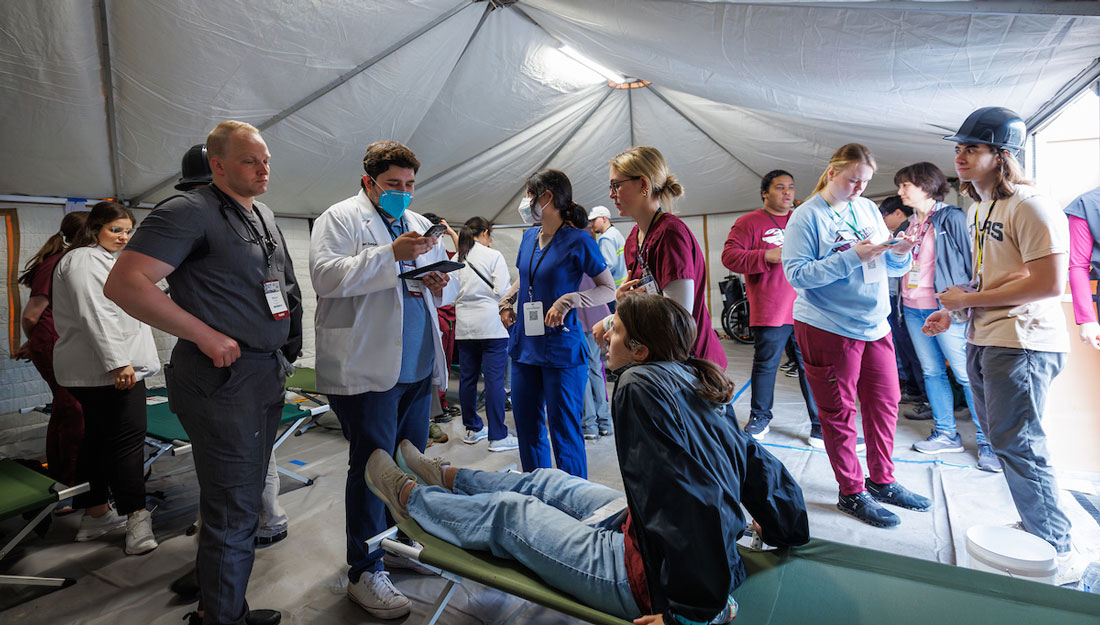Center for Community Health Development awarded federal funding in a nationwide effort to reduce teen pregnancies

Teen pregnancy is one of the primary causes of increasing U.S. child poverty rates. Research shows many teen mothers among minority and high-risk youth remain on public assistance their entire lives, and children of teen parents are more likely to become teen parents themselves.
In an effort to develop new programming to reduce teen pregnancies, the U.S. Department of Health and Human Services Office of Adolescent Health has awarded 7.5 million to the Center for Community Health Development (CCHD) at the Texas A&M Health Science Center School of Public Health.
The five-year project is a collaboration between CCHD and the Department of Health and Kinesiology (HLKN) in the College of Education and Human Development at Texas A&M University, led by Principal Investigator and Co-Director of CCHD, Kenneth McLeroy, Ph.D. Kelly Wilson, Ph.D., Associate Professor in HLKN and CCHD-affiliate faculty member, will serve as Co-PI on the nationwide project.
The Integrating Teen Pregnancy Prevention Innovation Practices (iTIP) collaborative project will provide infrastructure, capacity building assistance and evaluation services that support the development of innovative teen pregnancy prevention (TPP) programs. The iTIP team will identify and subcontract with 27 organizations across the nation to develop evidence-based TPP programs that are aimed at reducing teen pregnancy, sexually transmitted diseases and other sexual risk behaviors.
“One of the critical issues in adolescent pregnancy prevention is addressing the needs of minority and high-risk populations,” McLeroy said. “This project is designed to address innovative strategies for reducing adolescent pregnancy in traditionally underserved populations by strengthening innovations in program design, strategies and delivery.”
The project will support programs that aim to address existing disparities and program gaps in teen pregnancy and adolescent sexual health, including age, race, ethnicity, geography and rurality. Vulnerable populations will be targeted including youth in foster care, parenting teens, and lesbian, gay, bisexual and transgender populations.
Nationally recognized leaders in TPP will be engaged with the team to provide overall project guidance and assist with project dissemination. Some organizations that will be involved include the Sexuality Information and Education Council of the U.S., both the Texas Campaign and the South Carolina Campaign to Prevent Teen Pregnancy and the Gay-Straight Alliance Network.
“This project provides the incredible opportunity to work with innovative partners across the nation to develop new projects which impact adolescent and teen pregnancy,” Wilson said. “While we recognize the progress we have made understanding evidence-based programs, we need additional resources which will impact underserved populations and look forward to the opportunity to lead these efforts.”
Please see a local CBS affiliate broadcast news segment on this project.
Media contact: media@tamu.edu


